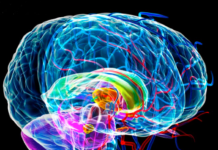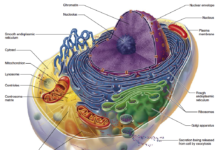Research Update
Growing research continues to implicate poor sleep habits with a higher risk of developing Type 2 diabetes. And increasing risk for diabetes is not the only health problem associated with sleep duration – a growing number of studies are shedding light on similar relationships between sleep and obesity, cardiovascular disease, and overall mortality. In one new study funded by the National Institutes of Health (NIH), researchers report that people who get less than six hours of sleep a night are at increased risk of developing impaired fasting glucose – a condition that can precede Type 2 diabetes. Type 2 diabetes, the most common form of diabetes, develops when the body makes relatively too much insulin and doesn’t efficiently use the insulin it does make (insulin resistance). While Type 2 diabetes appears most often in middle-aged adults, adolescents and young adults are developing Type 2 diabetes at an alarming rate.
In their report the researchers compared the fasting glucose levels and sleep patterns of 1,455 individuals over a period of six years. After adjusting for age, body mass index, glucose and insulin concentrations, heart rate, high blood pressure, family history of diabetes and symptoms of depression, the researchers found a significantly increased risk of developing impaired fasting glucose among shortsleepers compared to the mid-sleepers. They discovered that participants with normal blood sugar levels who slept, on average, less than six hours each night were almost 5 times more likely to develop impaired fasting glucose levels compared to those getting six to eight hours of sleep. Of the 1,455 participants, 91 had fasting blood glucose levels rise from less than 100 milligrams per deciliter (mg/dL) at baseline to between 100 mg/dL and 125 mg/dL at follow-up exams.
According to Lisa Rafalson, Ph.D., lead author of the study and National Research Service Award fellow and research assistant professor at the University at Buffalo in New York, while studies continue to explore the role of genetics in developing Type 2 diabetes “…there is no known genetic predisposition to sleep disturbances that could explain our study’s results, especially in this limited sample size,” Rafalson said. “It is more likely that pathways involving hormones and the nervous system are involved in the impaired-sleep/fasting glucose association. This study supports growing evidence of the association of inadequate sleep with adverse health issues.”
Source:
American Heart Association (2009, March 17). “Short-sleepers” May Develop Blood Sugar Abnormality That Can Lead To Diabetes.













